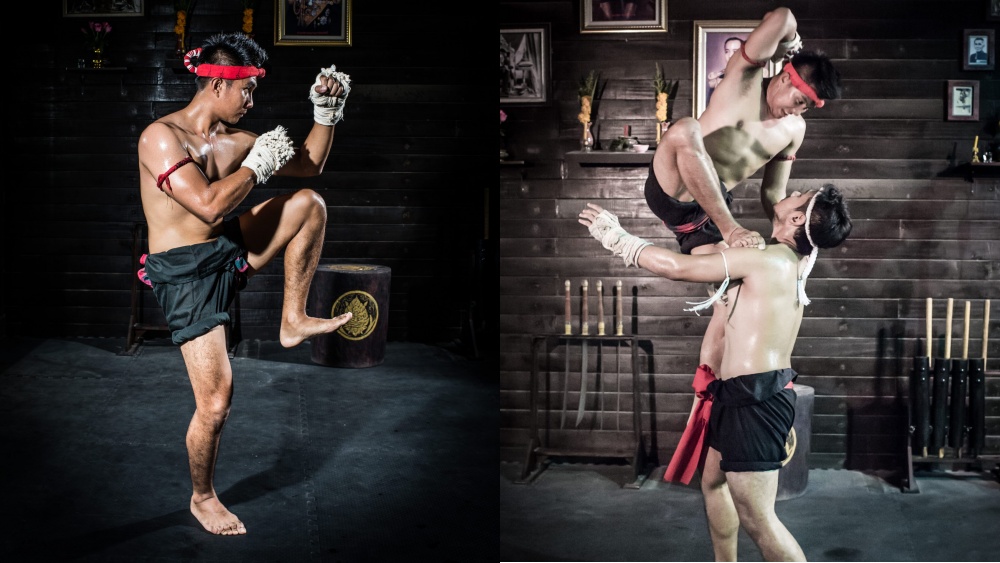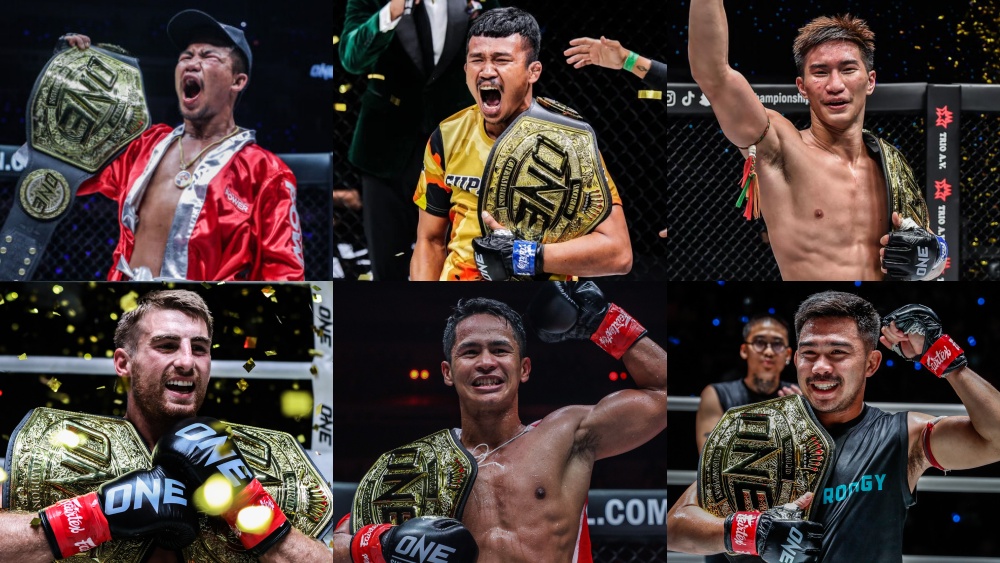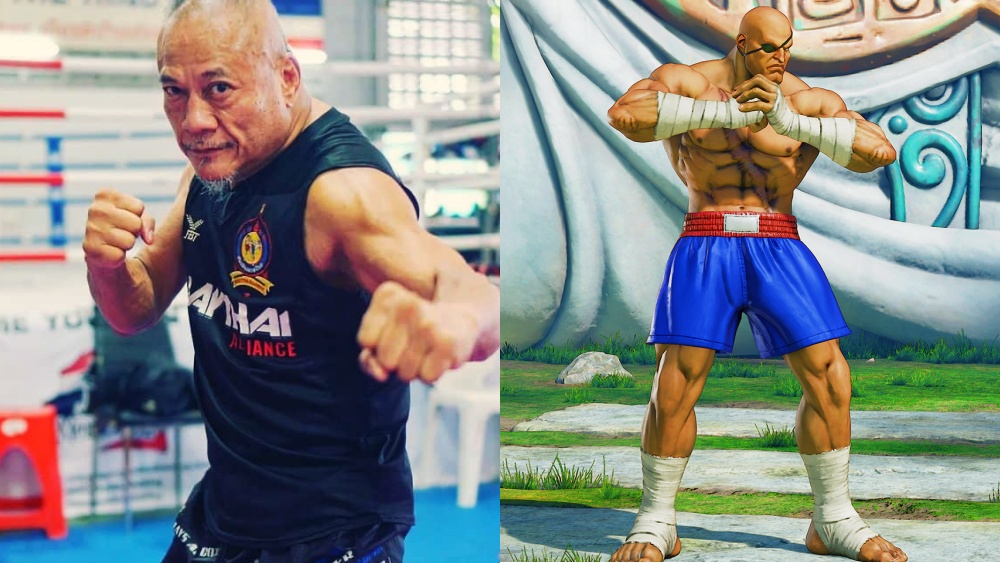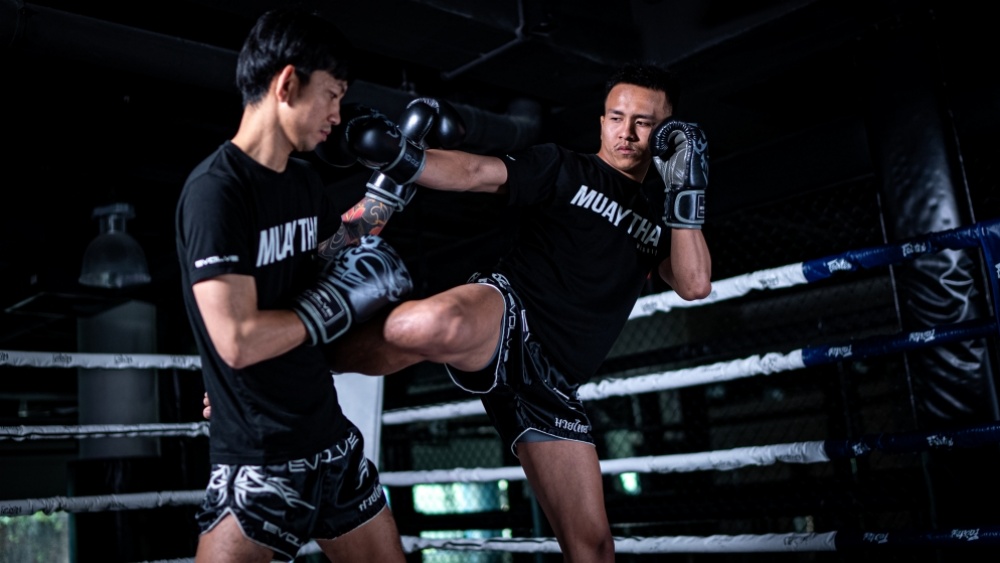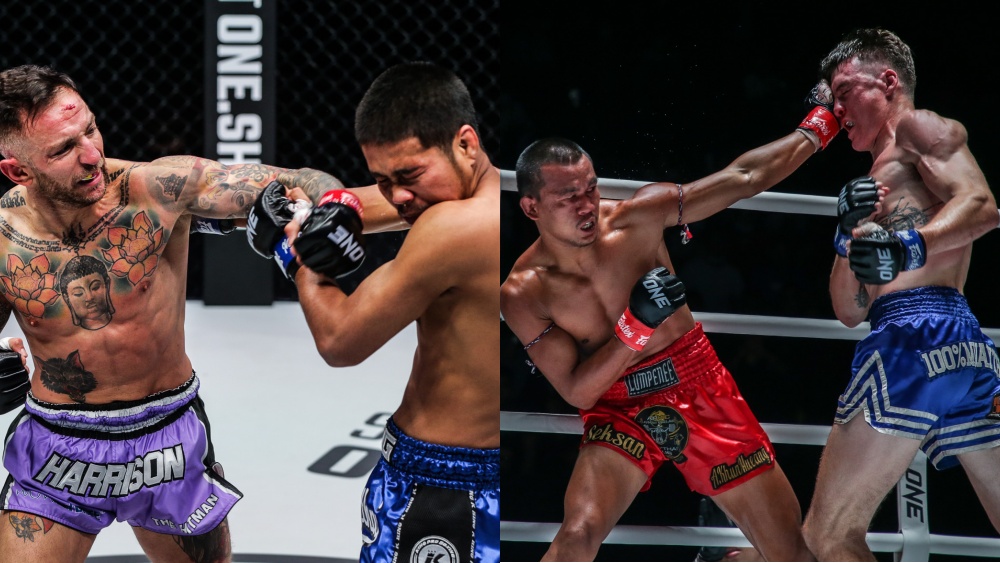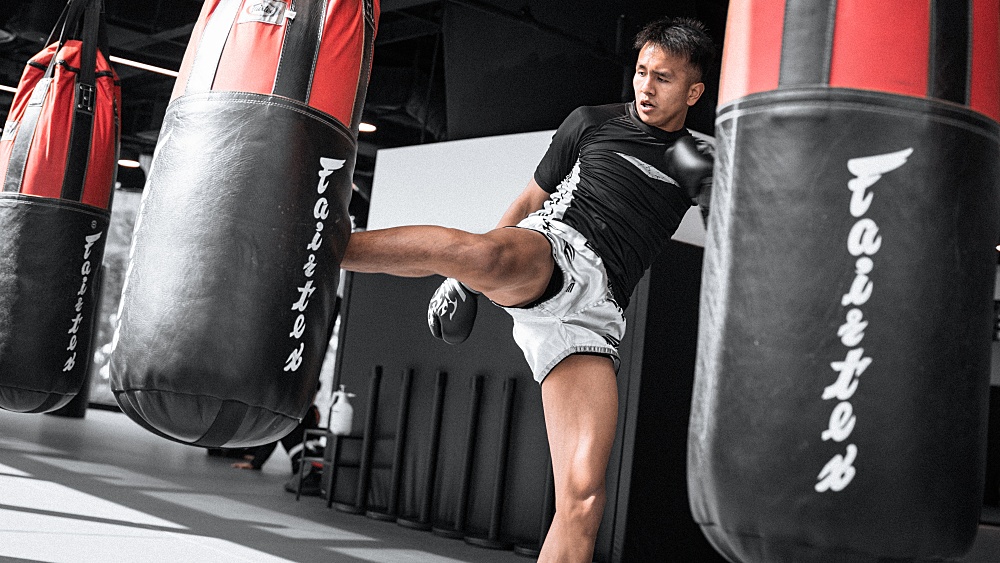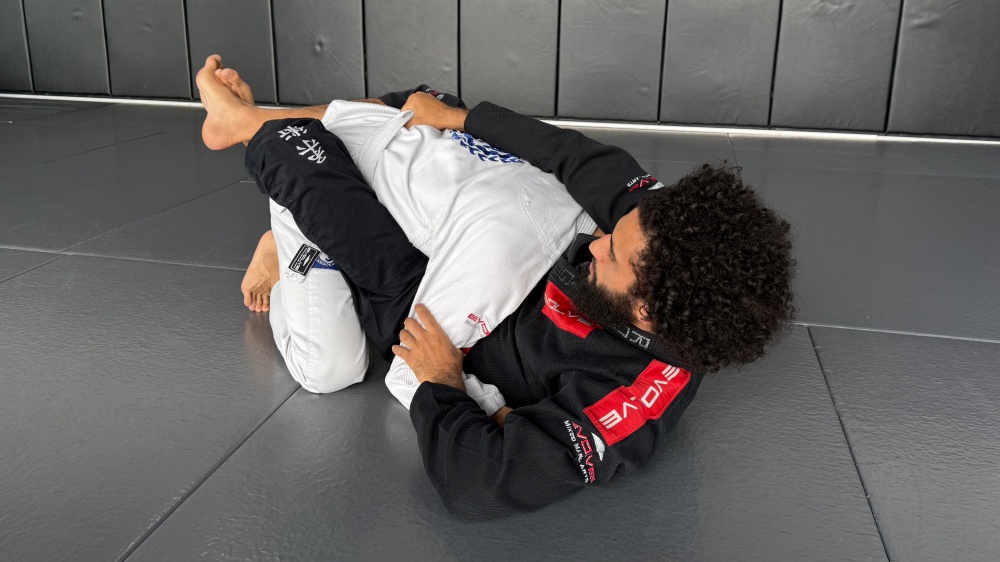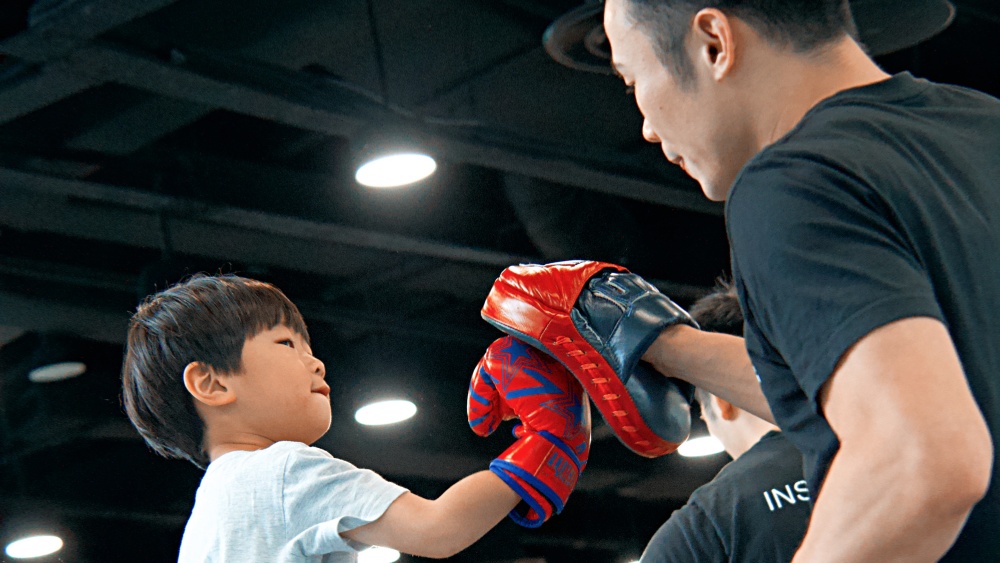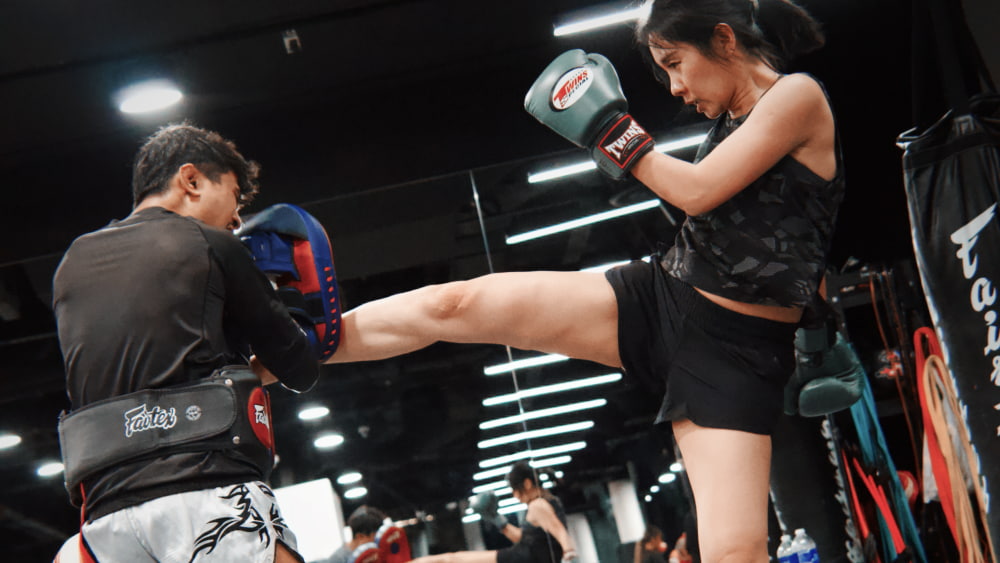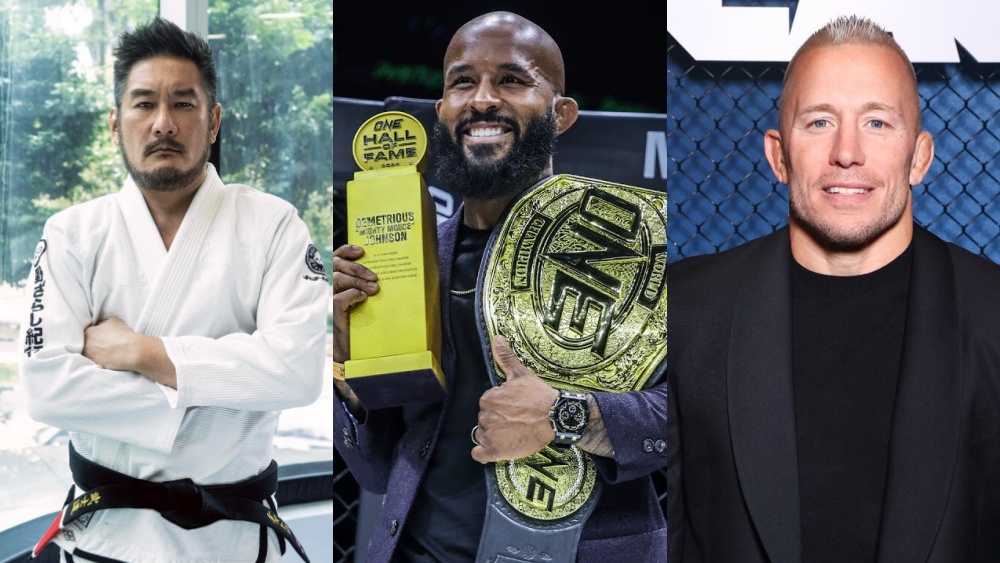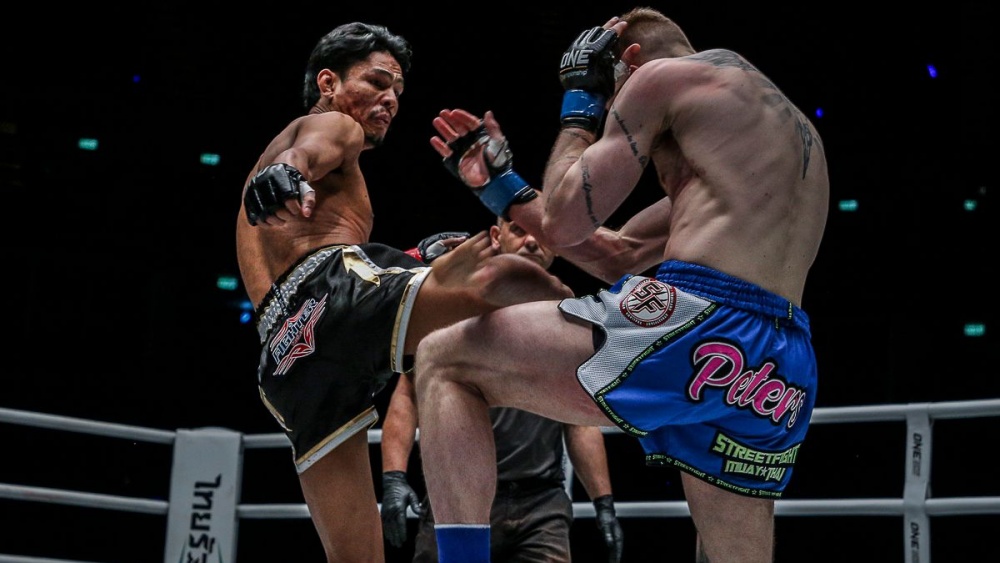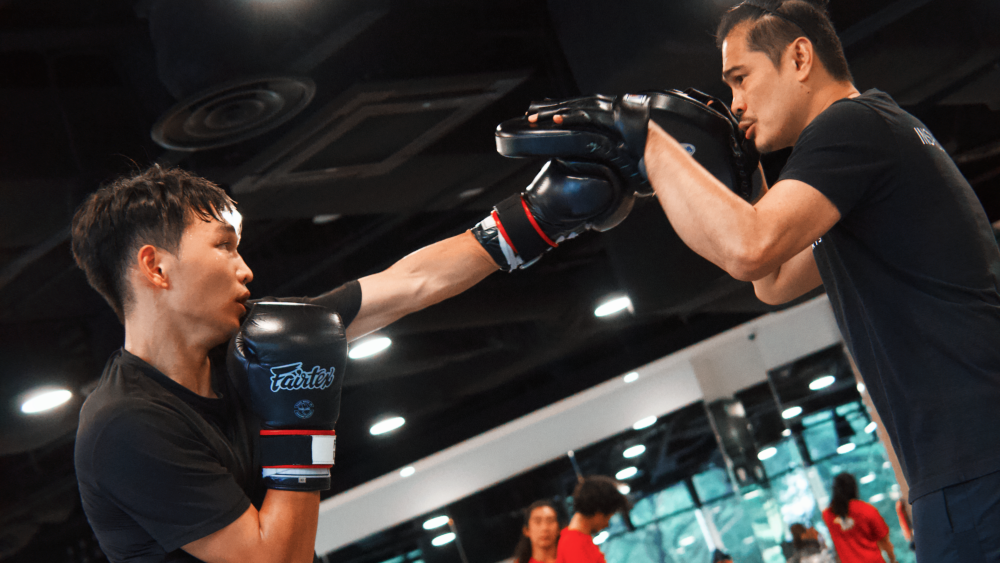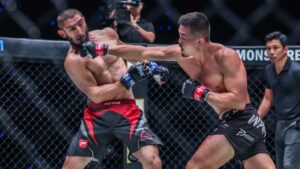Names are an incredibly important part of our identity and this is equally so with the names given to or taken by Muay Thai fighters. In Thailand, the way Muay Thai fighters get their names differs from those of the general population.
While most people are given a name at birth that remains with them for life, Thai fighters often change their last name to that of their gym or trainer. This tradition stems from the deep respect that Thai fighters have for their trainers and the gym they fight out of.
Take the legendary fighter named Saenchai, who could be considered one of the greatest of all time. Throughout his career, Saenchai has fought under several names while representing different gyms. The final gym was his own.
The evolution of a fighter’s name in the world of Muay Thai is not uncommon.
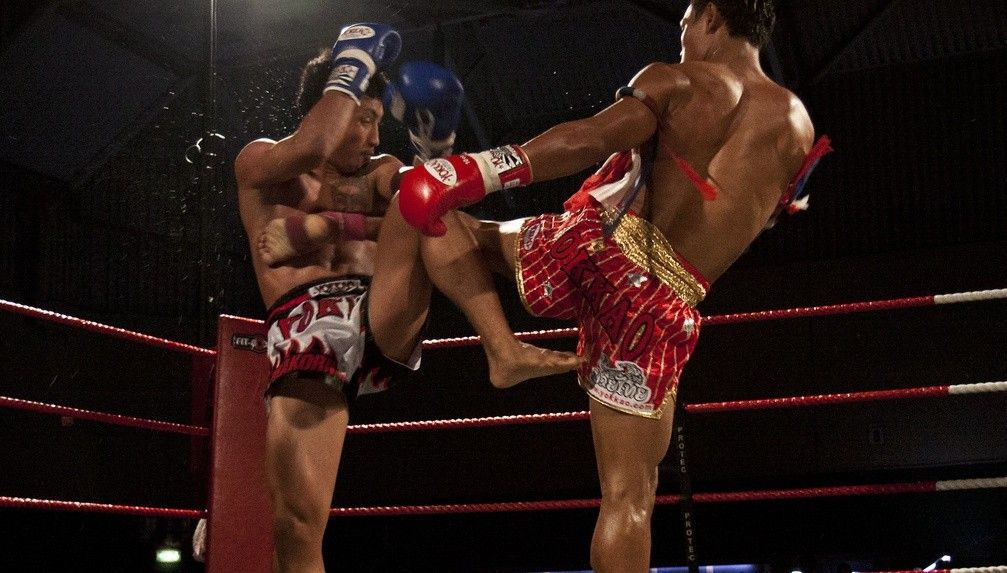
The importance of changing one’s last name in Thai boxing is highlighted by the example of Saenchai, one of the greatest Thai boxers of all time. Saenchai has competed under various last names throughout his career, each time representing the gym he was fighting out of. For instance, when he was fighting for the Patanakan Gym, his last name was Sangpetch Patanakan Gym. When he opened his own gym, he became Saenchai Sor Saenchai, which eventually evolved into just Saenchai.
This evolution of names is not uncommon in the world of Thai boxing such is the case of the fighter by the name of Manachai. Mananchai is not the name that he was born with but the name he has taken as a fighter.
Manachai YOKKAOSaenchaiGym is his ring name. This is his nickname, a brand, and the gym he fights out of.
The practice of changing one’s name in Thai boxing is closely tied to the idea of respect. Fighters in Thailand live at the gym they fight for, and the trainers ensure that the fight purses are set correctly and gambling lines are made.
Personalized Fighter Names
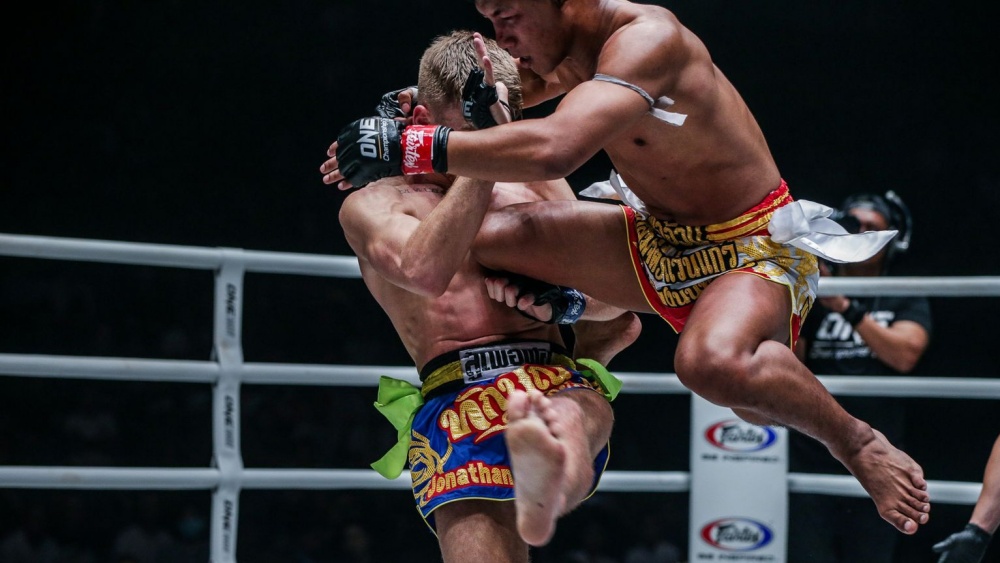
Recently there has been a move in some circles of Muay Thai to shift towards a modern naming convention in which the fighters receive more personal names. Names like “The Snake”, or “ The Tiger” can be taken by a fighter who has similar characteristics to these animals while they are fighting the ring. Their name might be based on attributes such as speed or agility, ferocity, or level of technical skill.
This trend emphasizes the individual fighter more than the training camp or gym, giving them a way to brand themselves with a unique identity.
Fighters Choose Their Own Names
In addition to traditional and modern naming conventions, fighters can also choose their own fight names. This practice is becoming increasingly common, as fighters look for ways to stand out and establish their own identity within the sport. This may be as a way of personal branding for ventures outside of the ring.
Fighter’s chosen names can be in Thai or another language and these names will reflect the physical attributes, the mentality in the ring, a personal ideology or the technical way in which they fight.
So What Factors Influence The Selection Of A Fighter’s Name?
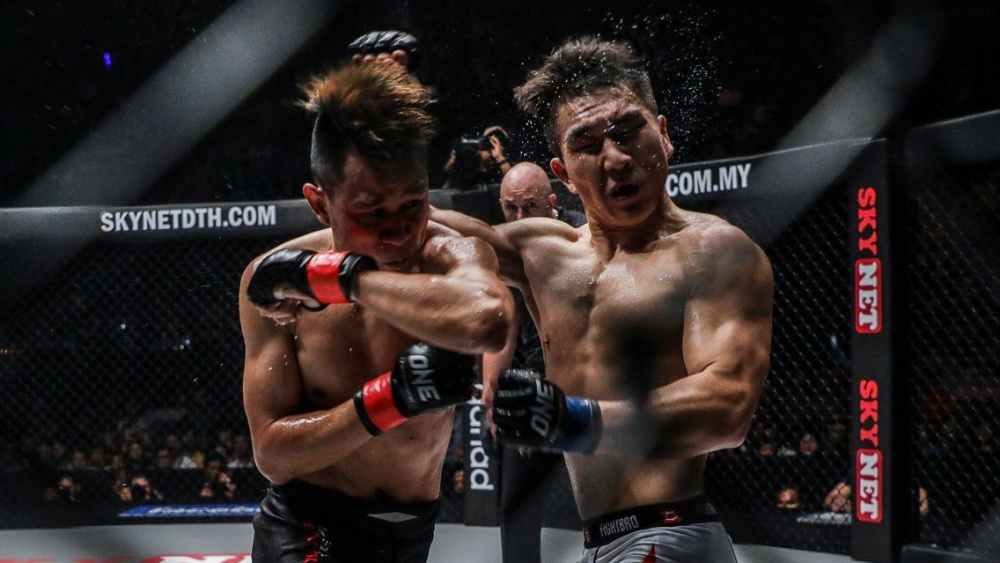
There are several factors that go into the naming of a fighter.
- Personality
- Fighting style
- Physical attributes
- Hero tribute
Names can come from trainers, fans or the fighters themselves, and the fighter’s personality can be a deciding factor in the naming process. Charisma, showmanship, or the ruup performance which is the actual nature of the fighter.
A fighter’s fighting style can also influence their name. If speed is a trait then “the Lightning” might be a name given, or “the Bulldozer” or “Crusher” is given to Muay Mat fighters who charge in without regard for whats on front of them.
A fighter’s physical attributes can also play a role in their name selection. Tall lanky fighters or shorter, more compact fighters will have names that reflect most obvious attributes.
Finally, fighters may choose to pay tribute to their martial arts heroes by adopting similar names. For example, a fighter who admires legendary Muay Thai fighter Samart Payakaroon might choose the name “Samart Jr.” or “The Next Samart” as a way to honor their hero and establish a connection to Muay Thai’s rich history and tradition.
Here are some examples of fighter names.
- Buakaw Banchamek (birth name: Sombat Banchamek) – Buakaw means “white lotus” in Thai, and he adopted this name early in his career. Buakaw is one of the most famous and successful Thai boxers of all time, having won numerous titles and competed in promotions around the world.
- Samart Payakaroon (birth name: Samart Tiptarmai) – Samart is a legend of Muay Thai, known for his incredible speed and technical ability. His nickname, “The Genius,” is a testament to his talent and intelligence in the ring. Samart was also a successful professional boxer, winning the WBC bantamweight title in 1992.
- Yodsanklai Fairtex (birth name: Yodsanklai Sitmonchai) – Yodsanklai is one of the most feared and respected fighters in Muay Thai history. His nickname, “The Boxing Computer,” reflects his analytical approach to fighting and his ability to read his opponents. Yodsanklai has won numerous titles and accolades throughout his career, including the WBC Muay Thai super welterweight title.
- Nong-O Gaiyanghadao (birth name: Mongkolchai Kittidet) – Nong-O is a multiple-time Lumpinee Stadium champion and one of the most decorated fighters of his generation. His nickname, “The Black Lion of the Northeast,” refers to his fearsome fighting style and his roots in the Isaan region of Thailand. Nong-O is known for his powerful left kick and his ability to outsmart his opponents in the ring.
- Saensak Muangsurin (birth name: Prawet Singwangcha) – Saensak was a dominant force in Muay Thai during the 1970s, winning numerous titles and earning a reputation as one of the hardest hitters in the sport. His nickname, “The Heavy Puncher,” reflects his devastating punching power, which helped him score many knockout victories throughout his career. Saensak also had success as a professional boxer, winning the WBC junior welterweight title in 1975.
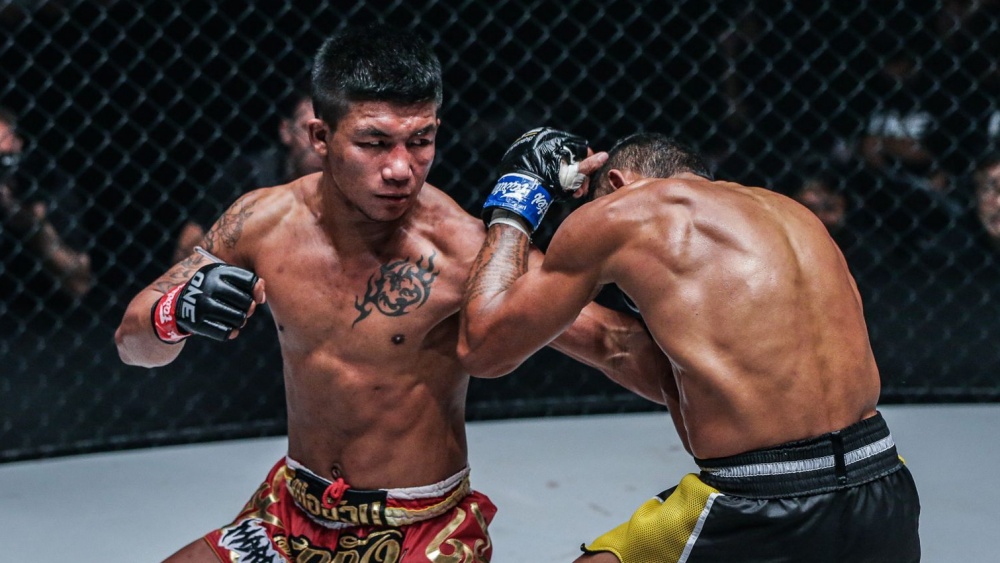
Thai boxers typically adopt ring names that reflect their gym or trainer, or a combination of both, as a sign of respect and loyalty. These names can change over the course of a fighter’s career as they move between gyms and trainers.
Fans also rely on these names to remember and identify their favourite fighters, as opposed to relying on a last name like in the Western world. While some fighters have nicknames that reflect their fighting style or personality, many ring names are simply as a way to honor the gym or trainer who has helped the fighter achieve success in the ring.
You may also like:
10 Of The Best Female Muay Thai Fighters And Kickboxers In The Modern Era
10 Tips And Drills To Improve Your Reflexes For Boxing And Muay Thai
